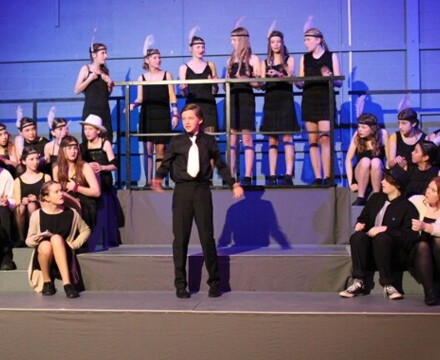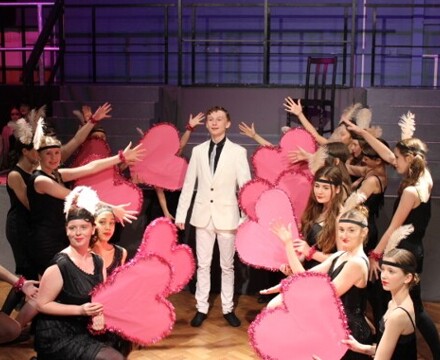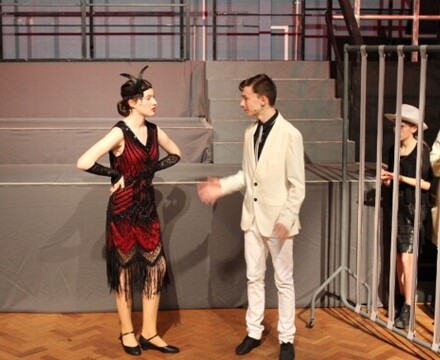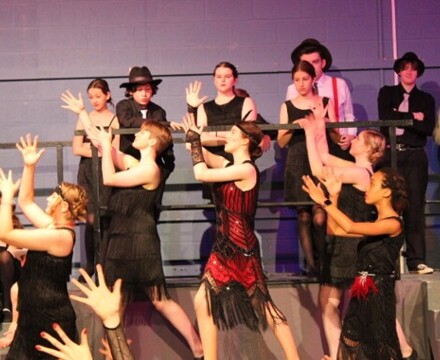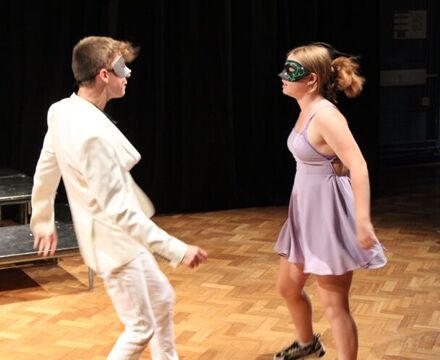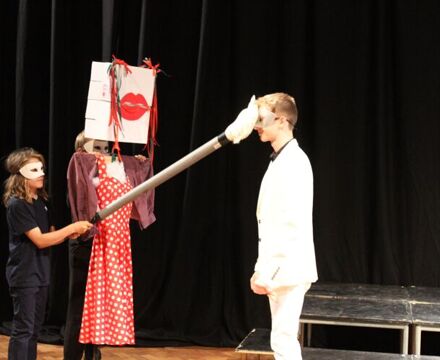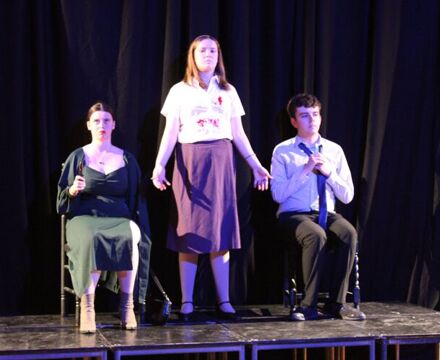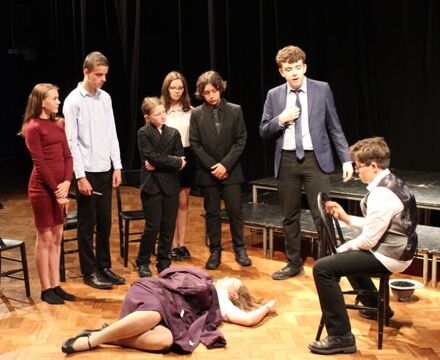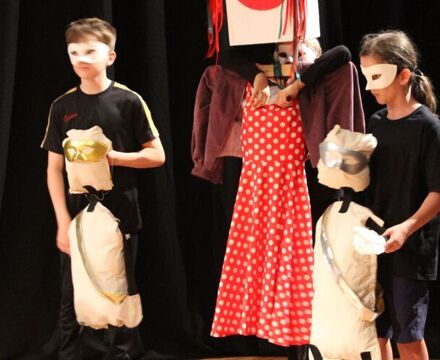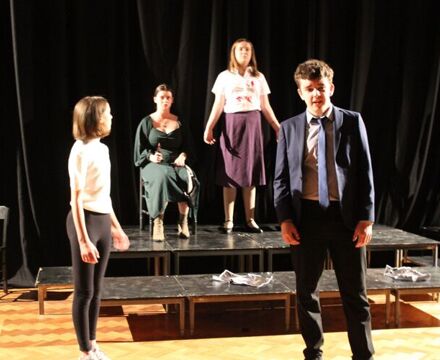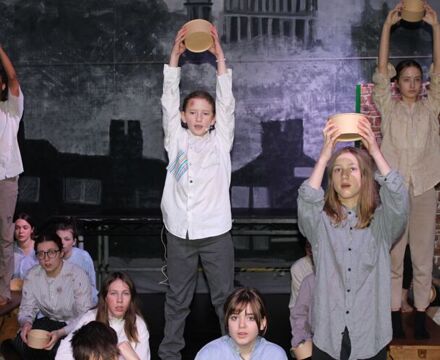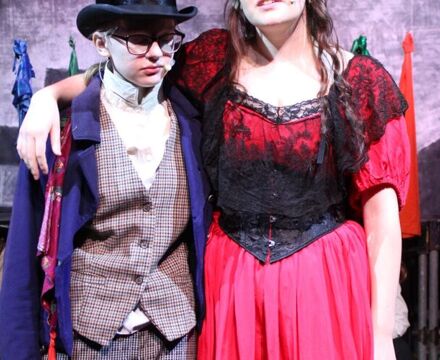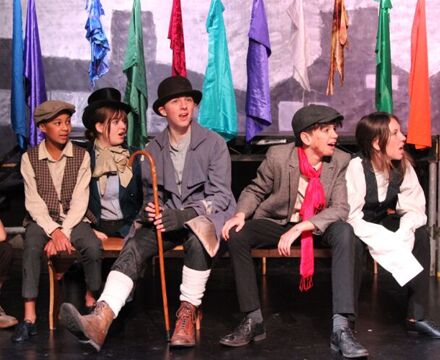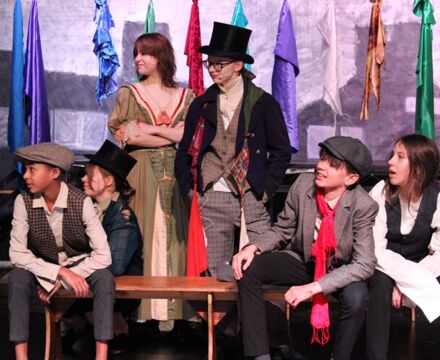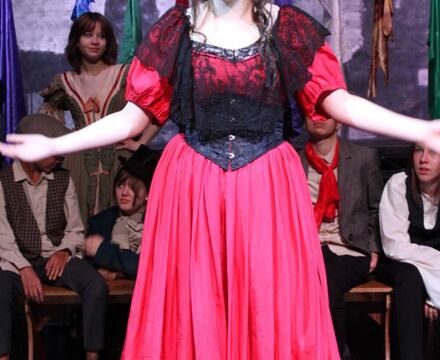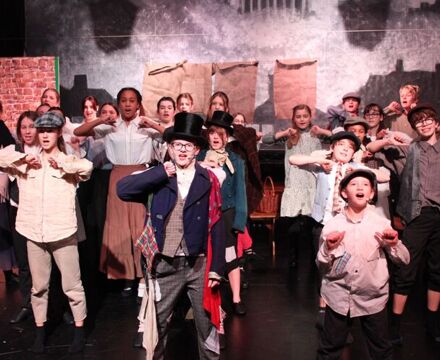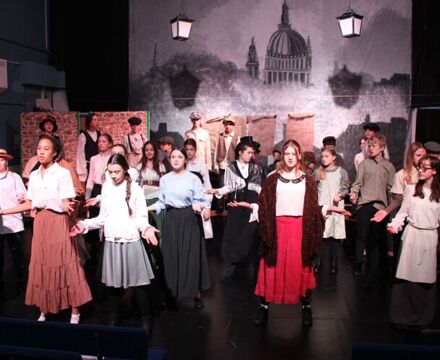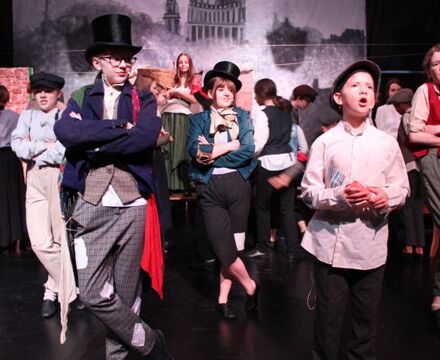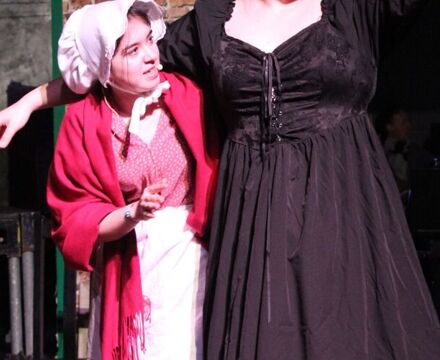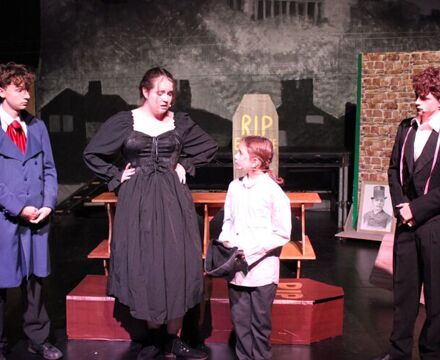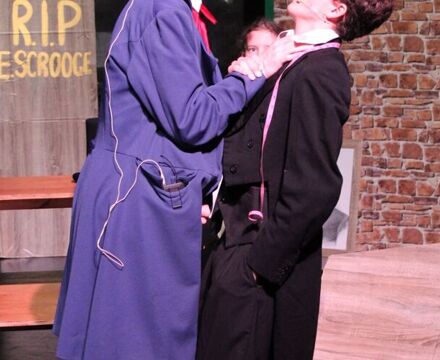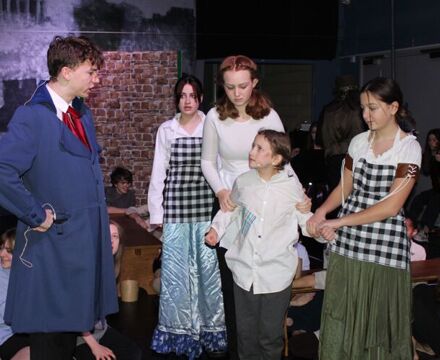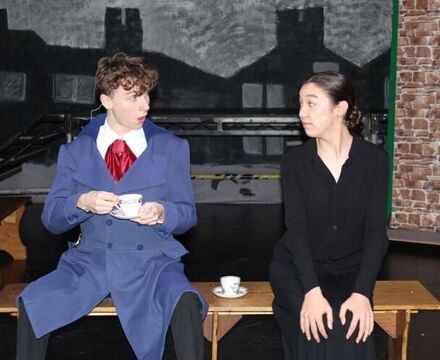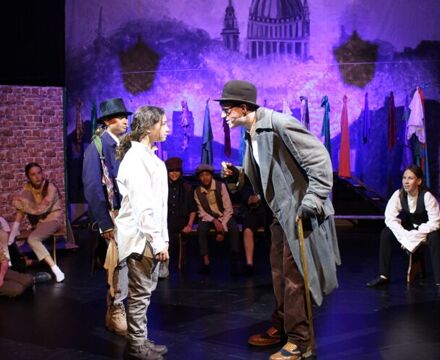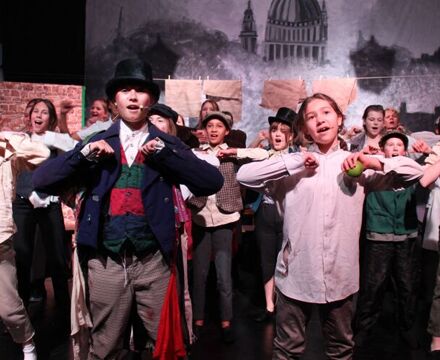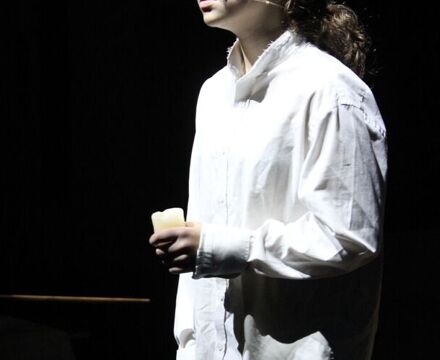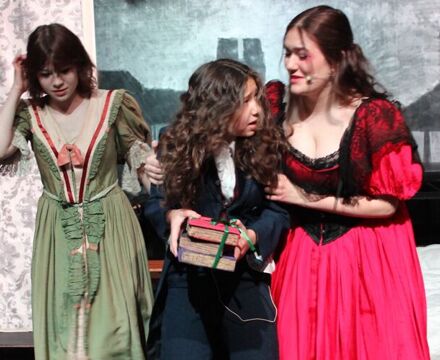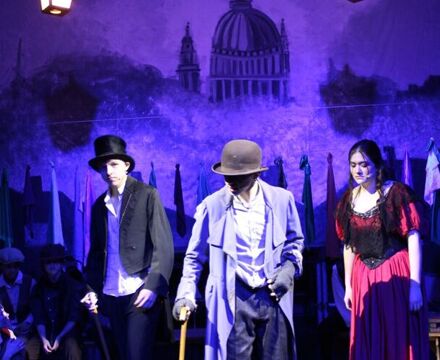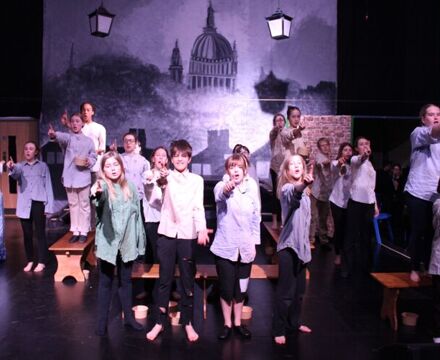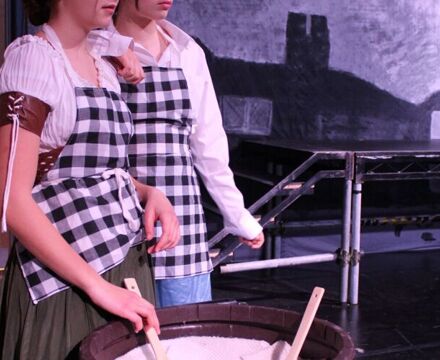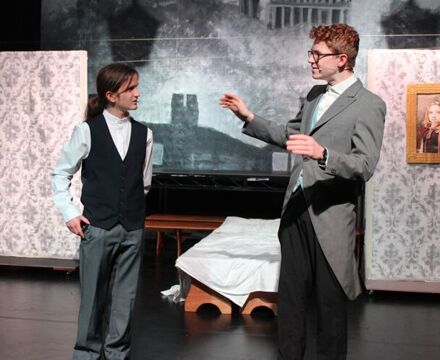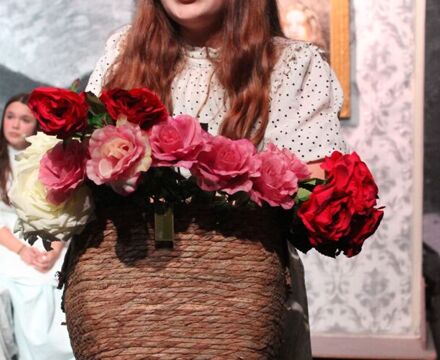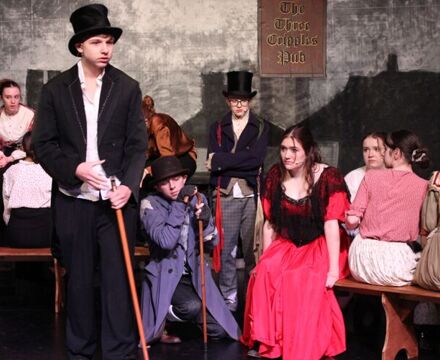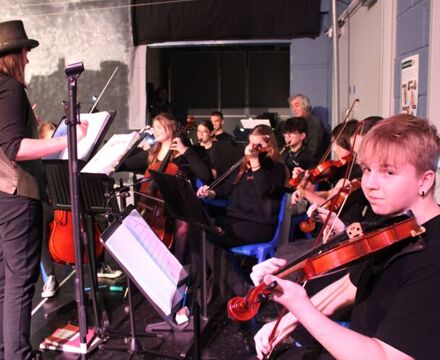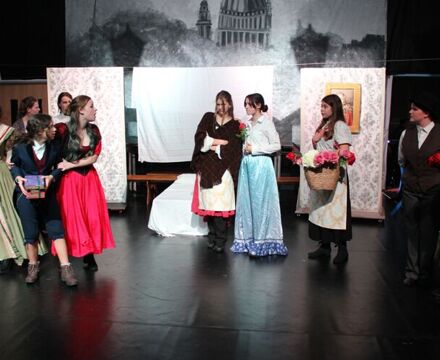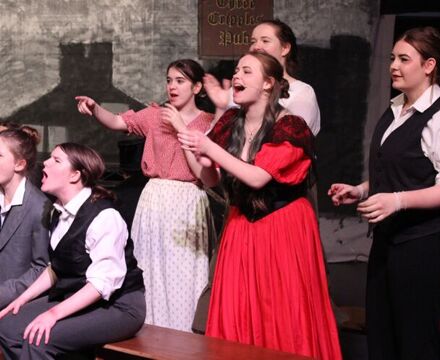Drama
Return to SubjectsHead of Department:
Mrs Alice Rebbettes
Department aims:
Taught on a half term rotation with Music, the Drama department aims to provide each student with a broad experience of the subject at key stage 3, giving students the opportunity to experience a range of different performance techniques, styles and explorative strategies whilst using a diverse selection of stimuli. All lessons will have a clear focus on teamwork, developing leadership skills and building confidence. At GCSE the Drama department aims to build upon students’ previous knowledge and go into more depth when exploring the work of specific practitioners and technical elements, as well as developing confidence in exploring and performing texts and evaluating live performance. We aim to encourage as many pupils as possible to take part in extracurricular Drama and to experience live theatre.
For more information regarding topics covered in Drama, please see the curriculum information and Learning Journey linked below
Reading List (Key Stage 3):
- Macbeth by William Shakespeare
- The Tempest by William Shakespeare
- Homebird by Terrance Blacker
Reading List (GCSE):
- The Crucible by Arthur Miller
- Blood Brothers by Willy Russell
- Too Much Punch for Judy by Mark Wheeller
- Edexcel GCSE Drama revision guide
Extracurricular and enrichment:
- Whole school production
- KS3 Drama Club
- GCSE practical and coursework enrichment
Productions:
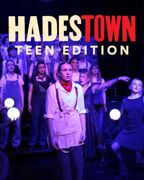 |
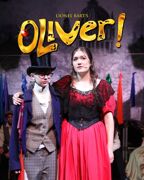 |
 |
 |
| Subject Documents |
|---|
| Drama Curriculum Information |
| Learning Journey Drama |
